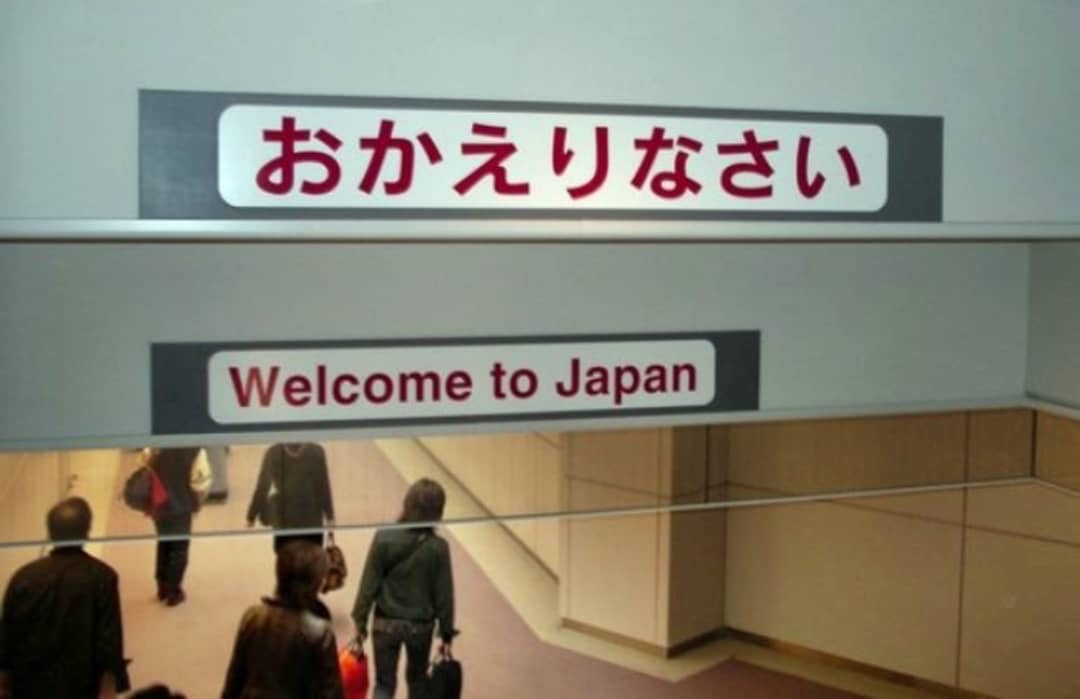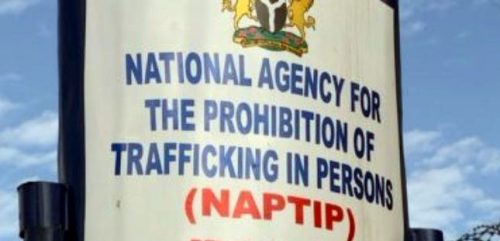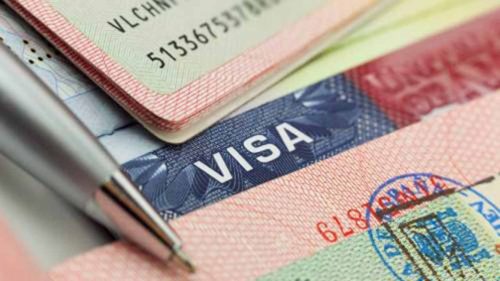Japan denies plans for special visa scheme for Nigerians

Japan has dismissed reports that it plans to create a special visa category for Nigerians wishing to relocate to Kisarazu, a city recently designated as Nigeria’s “hometown” under a new exchange programme.
The Japanese foreign ministry issued a statement on Monday in response to claims by Abiodun Oladunjoye, Director of Information at the State House.
Oladunjoye had said the Japanese government would introduce “a special visa category for highly skilled, innovative, and talented young Nigerians who want to move to Kisarazu to live and work.”
According to the statement dated August 22, Oladunjoye had further claimed that “artisans and other blue-collar workers from Nigeria who are ready to upskill will also benefit from the special dispensation visa to work in Japan.”
The announcement, widely reported in local and international media, caused a stir online about how to relocate to Japan, with popular online personalities like Tunde Ednut sharing a video of Wakawaka Doctor, a relocation advocate, explaining steps to easily move to Japan.
All of this followed the 9th Tokyo International Conference on African Development (TICAD9) in Yokohama last week. During the event, the Japan International Cooperation Agency (JICA) launched the “JICA Africa Hometown” initiative to deepen exchanges between African nations and Japanese local governments.
Under the programme, JICA designated four Japanese cities to partner with four African countries: Kisarazu with Nigeria, Nagai with Tanzania, Sanjo with Ghana, and Imabari with Mozambique.
Clarifying the scope of the initiative, Japan’s foreign ministry said: “The ‘JICA Africa Hometown’ programme plans to promote exchanges between the four Japanese cities and the four African countries through various activities, including the organisation of exchange events involving JICA overseas cooperation volunteers.”
It stressed, however, that “there are no plans to take measures to promote the acceptance of immigrants or issue special visas for residents of African countries, and the series of reports and announcements concerning such measures are not true.”










